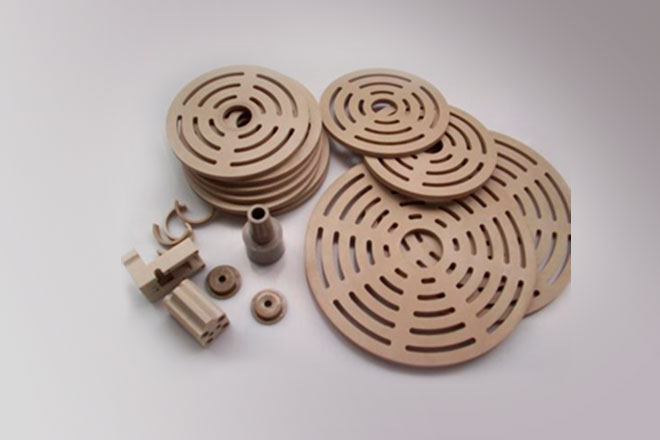
The Advantages of Using PEEK for Compressor Valve Plates
The compressor gas valve in refrigeration equipment has a lifespan that largely depends on the performance of the valve plate. The valve plate must withstand repeated loads in high-pressure, high-temperature, and corrosive environments, making the choice of material crucial. Using metal valve plates can easily create sparks during friction or impact, which not only poses safety risks but can also damage other components in the refrigeration system. Additionally, metal performance significantly deteriorates in corrosive environments, leading to pitting on the surface that affects the gas valve's airtightness and accelerates wear on the valve plate, thus reducing its lifespan.
In contrast, PEEK (polyetheretherketone) exhibits excellent fatigue resistance, with fatigue strength more than twice that of metals, indicating that PEEK valve plates have a longer service life under repeated loads. PEEK also has superior impact resistance and is insensitive to notches; even if cracks develop during use, PEEK effectively prevents further crack propagation, maintaining the integrity of the gas valve and reducing abnormal wear on other components of the compressor due to valve failure. Furthermore, PEEK's density is only 1.3 g/cm³, significantly lower than that of metals, resulting in lower power consumption during impacts and helping to reduce energy consumption in compressors. The braking noise produced by PEEK valve plates is also lower, which is a significant advantage for refrigeration equipment that requires quiet operation.
Given the environment in which the valve plates operate, it is advisable to use PEEK composite materials reinforced with glass or carbon fibers. Valve plates made from ARKPEEK-CF30 or ARKPEEK-GF30 are better suited for high-pressure, high-temperature, and corrosive environments, ensuring long-term stable operation of compressors while reducing maintenance frequency and enhancing the overall efficiency and stability of the refrigeration system.